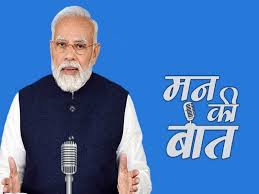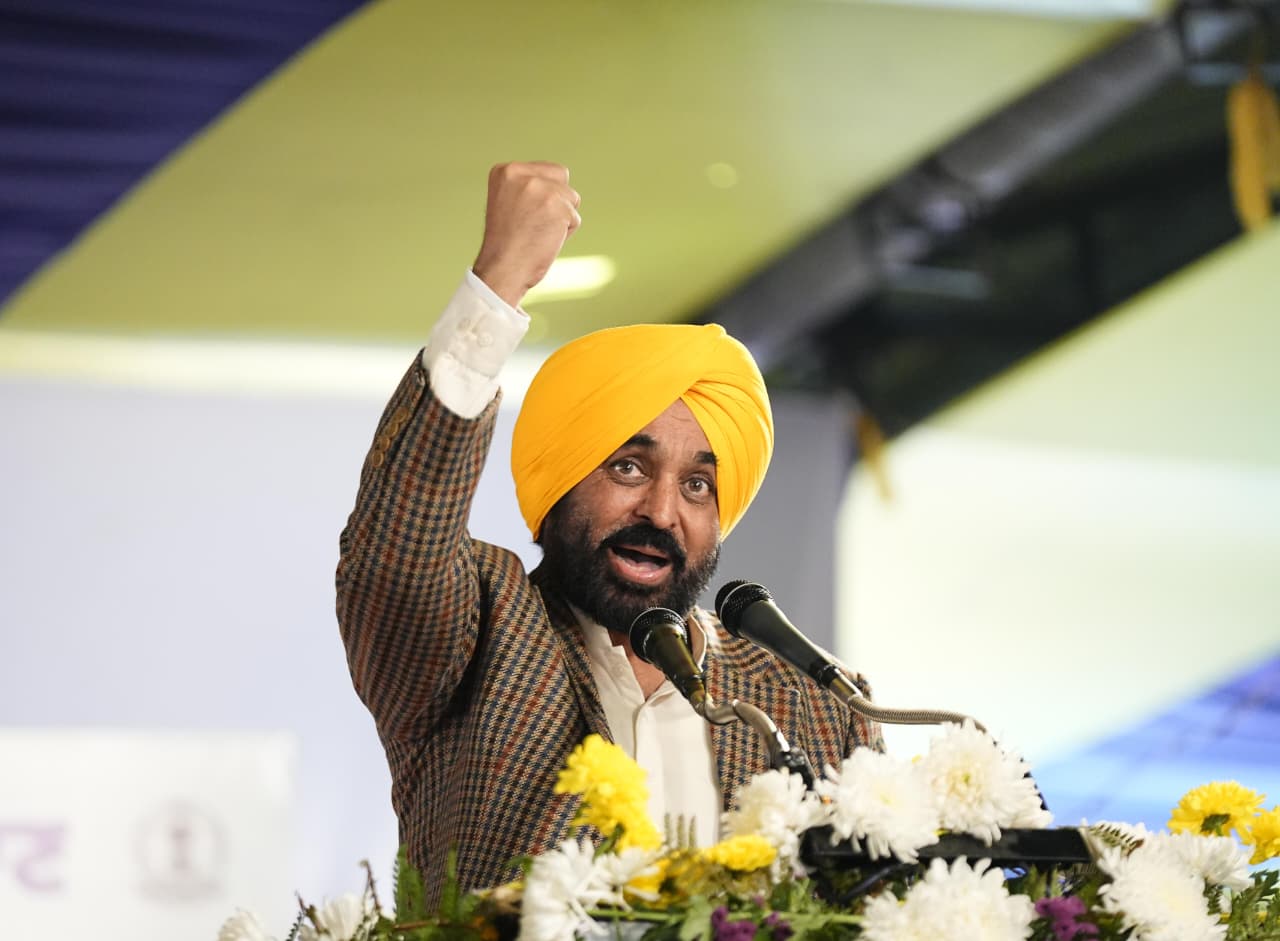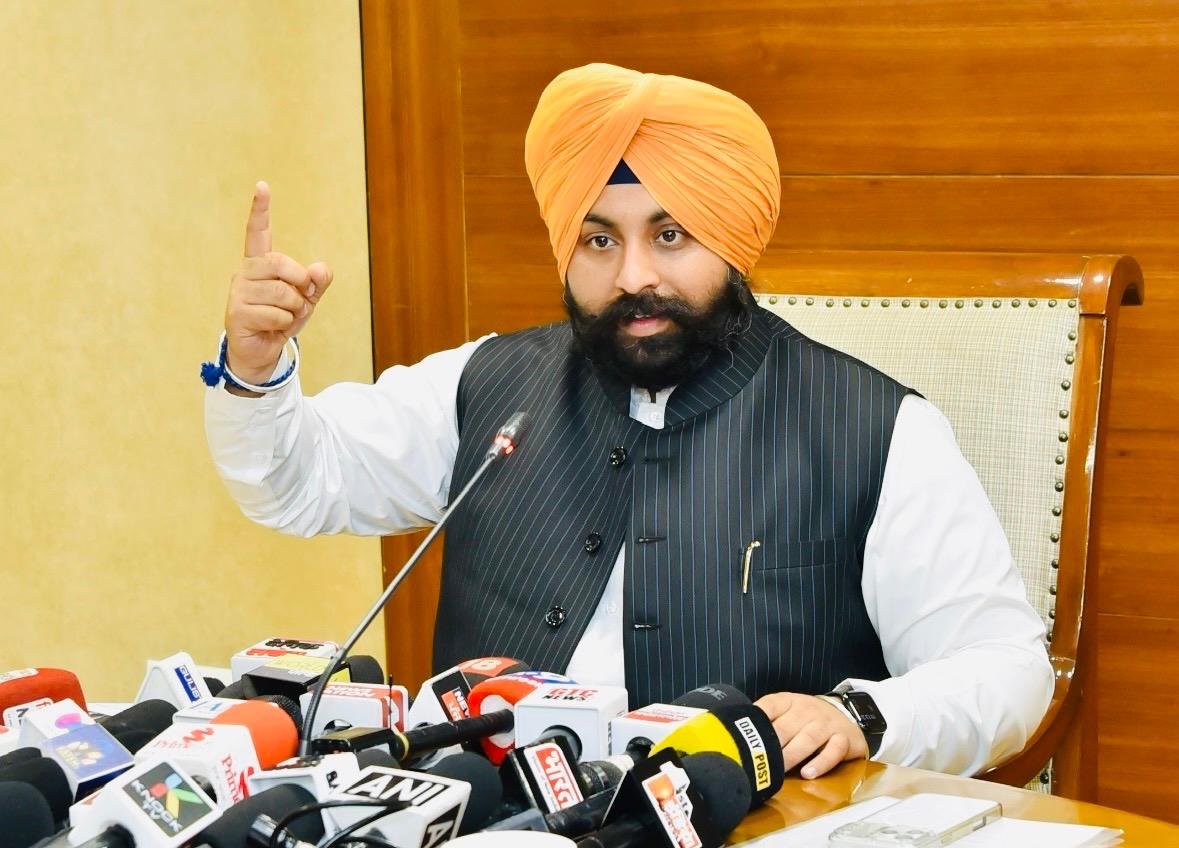Listen To This Post
Why common lives don’t need curated trauma arcs to be meaningful.
OP SINGH
The author is the Director General of Police, Haryana State Narcotics Control Bureau. With over three decades in public service —and still serving —he reflects on the quiet truths that rarely make headlines, but often shape lives.
Thenewsdose.com, July 20, UPDATED: 5:25 PM
We live in a time when pain isn’t just personal—it’s increasingly public. Especially if you’re a celebrity, suffering becomes part of the story, and that story becomes part of the brand. From film stars to influencers to best-selling authors, we see it constantly: the tale of a broken childhood, the confession of depression, the candid recounting of heartbreak. Told with feeling, shared with precision, and almost always rewarded with applause, followers, redemption, and revenue.
This storytelling isn’t spontaneous. It is deliberate, and often strategic. These public figures don’t just open up because they feel vulnerable—they do so because they understand timing, narrative, and return on investment. Their pain is presented not only as truth but also as theatre. When done well, it revitalises careers, rescues a public image, or helps sell a subsequent product.
This doesn’t mean the pain is fake. On the contrary, it’s often heartbreakingly honest. But the telling of it is intentional. The exposure is calibrated. The wound, made public, is packaged. And once told, it often becomes the most powerful chapter in a curated, upward-moving arc of fame.
The mistake many ordinary people make is trying to follow that arc.
More and more, in subtle ways, everyday lives are being reshaped around the template of tragedy. People begin to believe that their suffering isn’t valid unless it is spoken aloud, unless it’s seen, unless it’s dramatic. They narrate their misfortunes with borrowed language. They write captions about “toxic phases” and “rising from the ashes” for heartbreaks that might have been painful, but weren’t defining. They begin to describe their lives not as they are, but in the shadow of someone else’s pain-playbook.
And here’s the thing: you are not them. You’re not playing to a crowd. You’re not reclaiming a brand. You’re not building a career out of a past wound. You’re just trying to make sense of life—and sometimes, without realising it, you adopt the form of the famous, even when the content doesn’t fit.
That’s where it starts to hurt.
When you begin crafting a tragedy-referenced story of your life—because someone else did—you end up carrying a weight that isn’t yours. You define yourself not by your strengths or progress, but by how much you’ve suffered. You rehearse your helplessness. And instead of healing, you start feeling pain, even if only in your head.
The truth is: pain is a part of life. So is failure. So is loss. They don’t make your life memorable. They make it normal. They don’t need to be broadcast. They need to be borne.
Resist the temptation to mimic the wounded genius, the comeback queen, or the tear-streaked survivor. They told their stories for a reason—it was their work, their voice, their platform. And it worked because they did it with purpose. If you’re merely following their form without their context, you’re walking a road that may not lead anywhere.
Everyday lives—yours, mine, most—are not meant to be curated for effect. They’re meant to be lived with depth and quiet courage. We don’t need to define ourselves by our hardest days. We don’t need to explain every low. We don’t need to package grief into posts or speak our sorrow in hashtags. Some things are best left unsaid. Some bruises don’t need lighting. Some growth happens in silence.
That doesn’t mean we suppress our struggles. It means we stop equating visibility with validation. You can talk about your pain when it helps, when it heals. But you don’t need to turn your life into a tragic memoir-in-progress just because someone else’s did well on the charts.
Our job isn’t to live dramatically. It’s to live truthfully. And truth, for most of us, is neither glamorous nor grim. It’s ordinary. It’s steady. It’s made of small losses, modest gains, slow healing, and long silences. That kind of life isn’t less meaningful—it’s just not marketable. And that’s perfectly fine.
There’s something quietly radical about enduring pain without narrating it about surviving failure without framing it. About not turning yourself into a character in a melodrama you never auditioned for. You don’t have to speak like the broken star or the resilient icon. You don’t need a dramatic backstory to justify your growth. You don’t need to make a spectacle of your healing.
You need to live—genuinely, fully, and without performance.
Let your life be shaped not by mimicry but by meaning, not by public narrative arcs, but by private clarity. Let your story unfold as it is, not as something sculpted for effect. Because in the end, life is not a film, a memoir, or a motivational reel. It’s a walk. Sometimes beautiful, sometimes dull, sometimes brutal. It is no less worthy because no one is watching. It is no less sacred because it won’t go viral.
If you are a commoner—and most of us are—don’t script your suffering. Don’t emulate pain for identity. Don’t dress your life in the language of the spotlight to feel significant. Your value doesn’t come from your wounds. It comes from how you move through them. So walk your life—not with borrowed tragedy, but with quiet strength. Not for likes. Not for pity. Not for applause. Just for the living of it. (The Views expressed are personal.)















